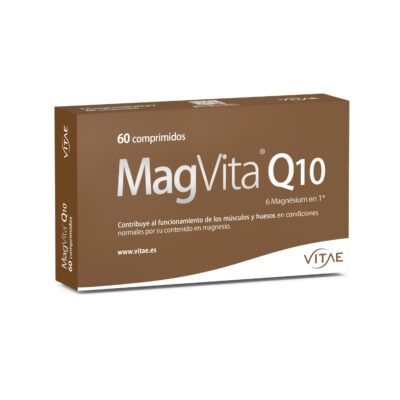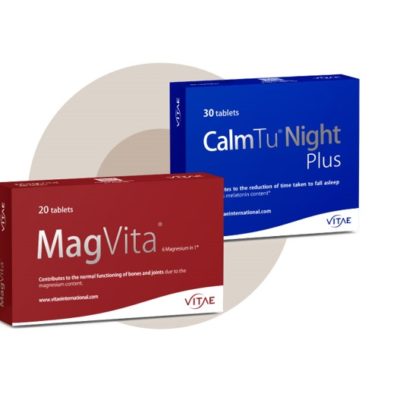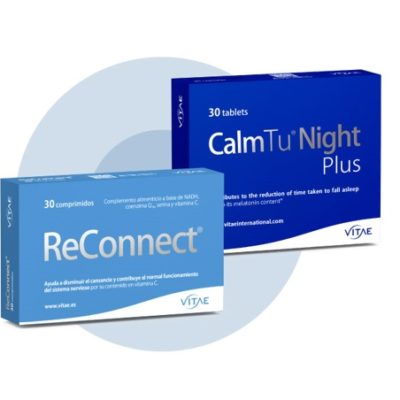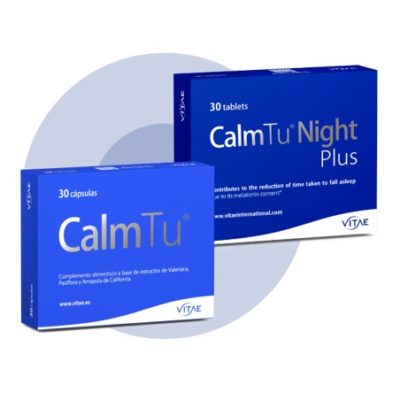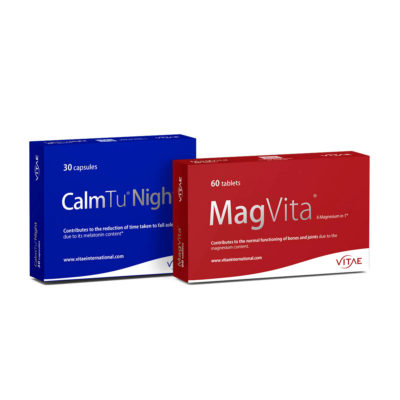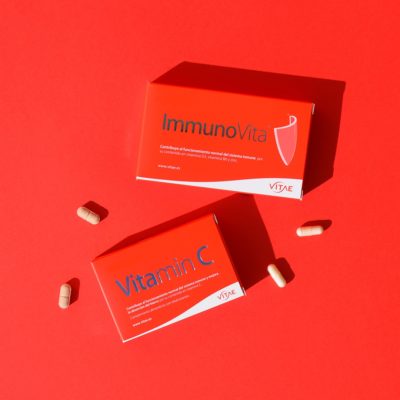Nowadays, many factors in our environment such as work, family, personal circumstances and uncertainty can generate tension and discomfort. Stress appears when the demands of our environment require a response from our part, and these demands are excessive in relation to the tools we have to manage stress. Then is when we develop adaptive reactions, which usually come along with anxiety.
Anxiety can be an emotional response to stress, or it can be an emotional alert reaction to a threat, external or internal.
What happens in our body when we experience anxiety?
We experience the neurological mechanism of anxiety in the amygdala, which is a small almond-shaped organ that we have in the temporal lobes of the brain.
The amygdala is constantly on alert and is responsible for signaling changes in the environment that can become a danger. It is directly connected to all of our senses and this means that it is capable of alerting us to danger before we are aware of it and can analyze what we are experiencing. When it alerts us and sets off the alarm, it automatically activates the coping or evasion response: our heart beats faster, we breathe more deeply, and our body prepares to face danger.
Why does the amygdala have this action mechanism?
This system is prepared so that we can react as soon as possible to the threat. Imagine that you see a tiger, for example. The amygdala allows us to react quickly, without spending a lot of time thinking about what to do against the threat.
After processing the initial threat, we can rationally analyze whether the threat actually exists, and if it doesn’t, we signal to the amygdala that it can turn off the alarm.
Obviously, this response system is designed to help us survive real dangers in our environment. However, when a person suffers from an anxiety disorder, the activation of this mechanism is maintained over time, the fear threshold is lower and they receive signals that there is a danger, when in reality there is none.
The benefits of anxiety
Let’s not forget that anxiety is a neurological response system. It is an evolutionary mechanism provided by nature and is essential for our survival.
Today, we no longer live surrounded by wild animals that can attack us and yet we continue to face situations that require our immediate attention. For better and for worse, people with anxiety disorders have a greater amount of energy to motivate themselves, avoid dangerous situations, prepare for stressful situations, communicate their concerns, and focus on things that require attention. On the other hand, excess anxiety reduces these benefits, generating fatigue and sadness.
How can we take advantage of anxiety and learn to live the moment?
The key seems to be to allow ourselves to experience a certain amount of anxiety, without it weakening us and conditioning our life.
We can learn to process anxiety and transform that energy in different ways, highlighting cognitive behavioral therapy and sports, for example, but we are going to talk about a powerful technology that only requires breathing and awareness: mindfulness meditation. Very useful also in people with ADHD and / or depressive states.
- Sit in a comfortable position, with your feet flat on the floor and your back straight.
- For 20/30 minutes, focus on breathing. Observing the rise and fall of the abdomen, or how the air enters and leaves through the nostrils.
- Focus on now. If thoughts and imagination distract you from your breath, there is no problem, let them pass and refocus.
The key is not to suppress the anxiety or transform it into something else. We just feel its presence, acknowledge it, and focus on something else. We accept anxiety and we do not reject it. With this exercise we are training ourselves to live in the moment.
An ingredient that helps manage anxiety and improve mood
Essential fatty acids (Omega-3 and Omega-6) have received considerable attention for being relevant in mental disorders, including anxiety and depression. Recent evidence highlights how Omega-3 can modulate the neurobiological processes involved in anxiety and depression, and relates that a deficit of Omega-3 can predispose certain people to suffer these disorders, pointing out that supplementation with Omega-3 can be an interesting strategy to prevent or treat depression and anxiety disorders in some people .
Research also shows that mood can be improved by improving the quality of the diet. Prebiotics and probiotics can beneficially affect mood. Regularly eating foods rich in dietary fiber and Omega-3 fatty acids can reduce symptoms of depression, anxiety, and stress. And there is also evidence to suggest that Omega-3 supplementation may provide benefits and reduce anxiety, in those without a diagnosis of disorder.
You can visit our Harmony and Serenity Category and you will find different formulas to manage it.


